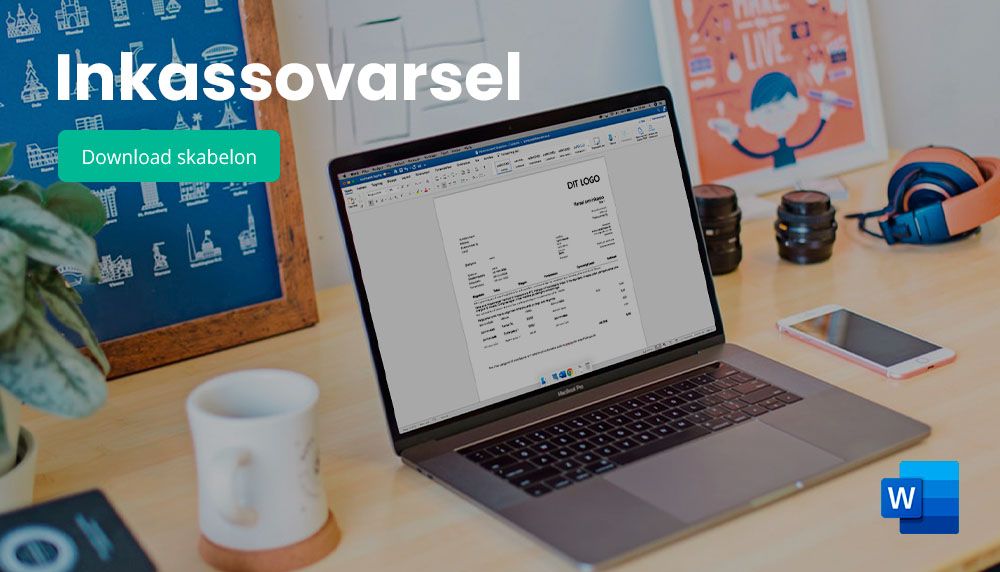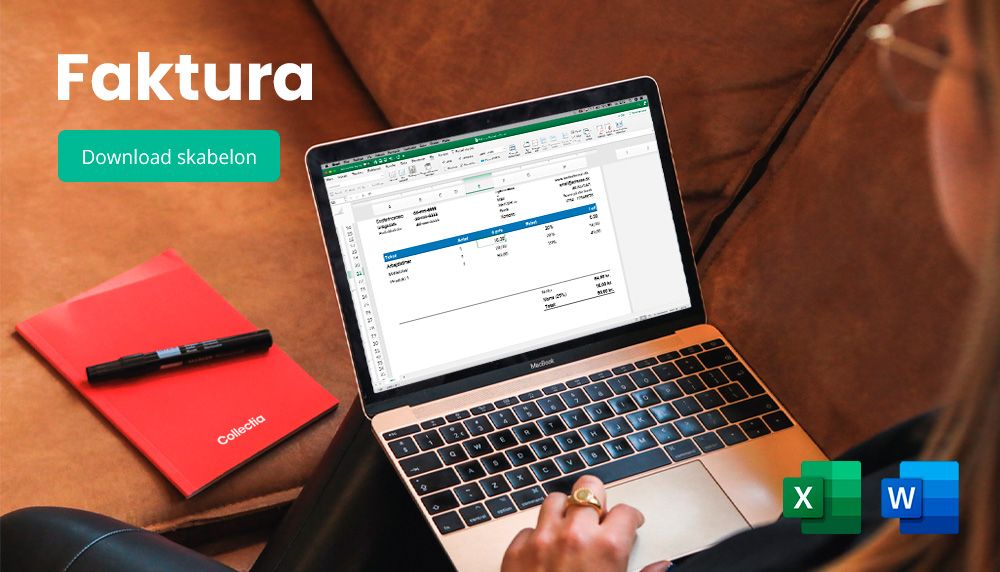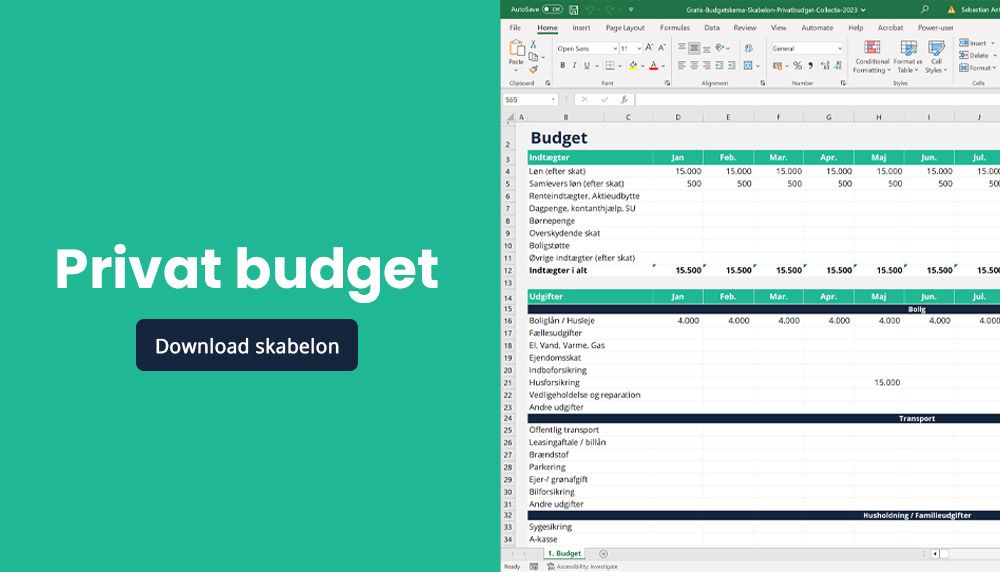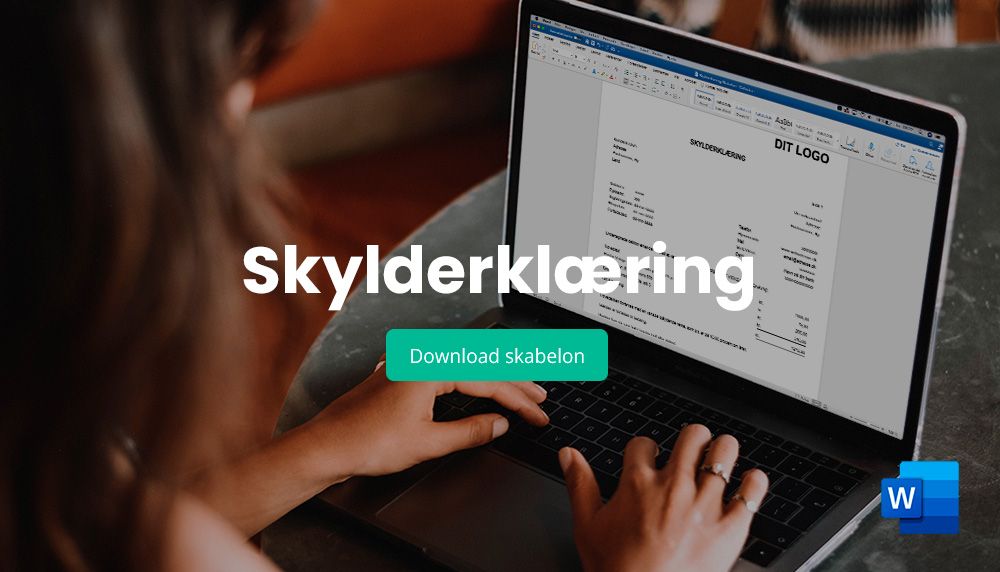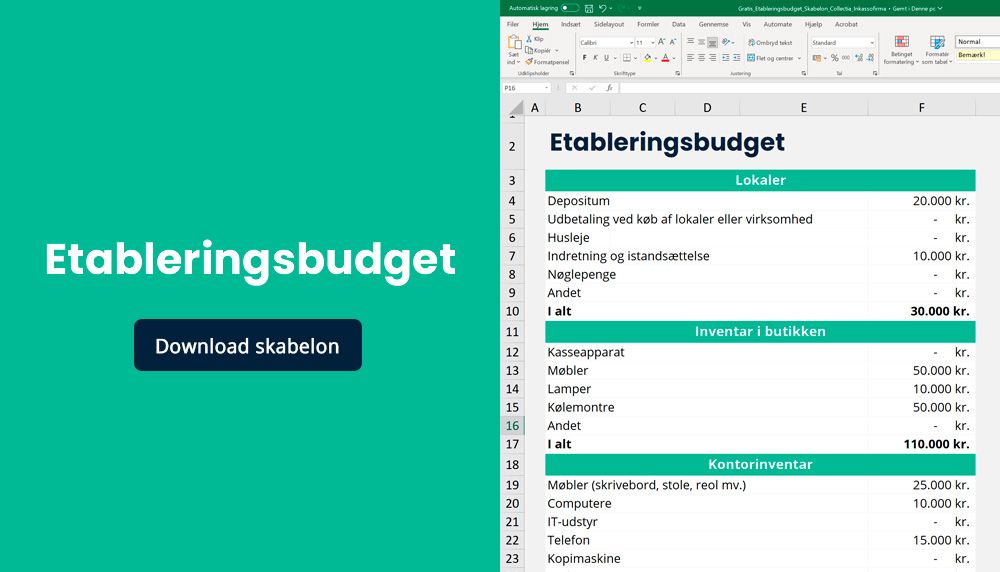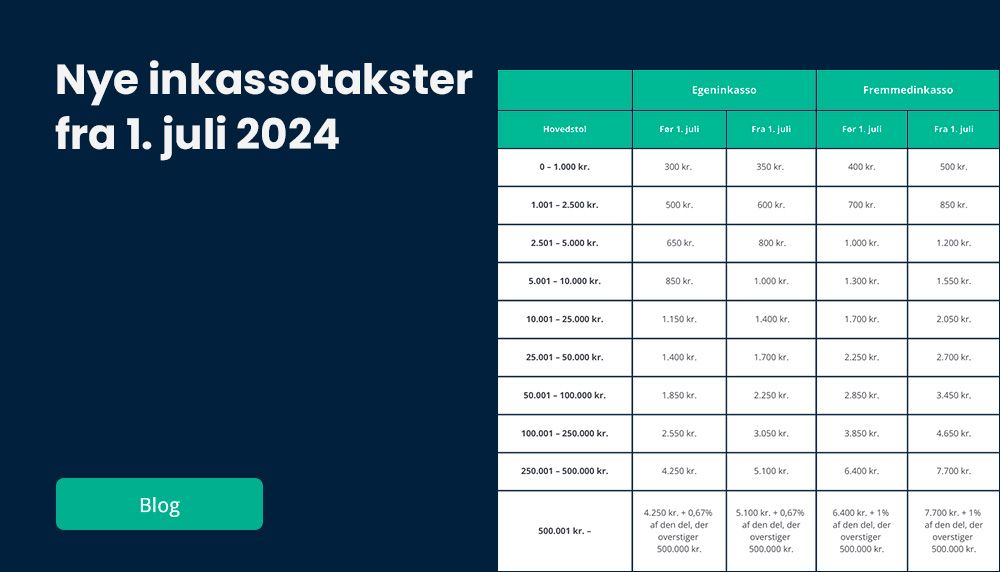
Opposition
Objection? This article contains everything you need to know about objecting to debt collection when you are owed money by your bad debtors.
What is an objection?
A debtor 's objection is a protest or objection to your claim that you as a creditor have submitted to the debtor. The objection can be against the work delivered, the amount of the claim or something else entirely.
It is important to note as a creditor that, according to the legislation, there is no clear definition of what an objection actually is. In principle, this means that an objection can cover anything related to the transaction between the debtor and the creditor.
The objection can be given by a debtor at any stage of the debt collection process to the debtor himself, the debtor's debt collection company or the debtor's lawyer.
Objection - why should I know about it?
Roughly speaking, you could say that the law is set up in such a way that you cannot pursue a debt collection case against a debtor who does not agree with the claim you, as a creditor, have submitted.
A classic example that is often used is that the debtor has commissioned a painter to paint white, and the painter goes out and paints red, well then the creditor cannot demand that the debtor pay his invoice and thus cannot initiate (or continue) debt collection. This example is of course very simplistic and the reality is often much more complicated than the above.
Therefore, as a creditor, always make sure that you can document what has been delivered. This can be in the form of consignment notes, picture documentation, order confirmations, etc. so that the objection can be met and the case can therefore be continued as a debt collection case or in court.
Read also
Are objections just a free pass?
Many people mistakenly believe that an objection to a creditor is automatically a free pass and that the debtor will therefore avoid debt collection and thus avoid paying the invoice. However, this is far from correct and an objection will often be much more expensive for the debtor with additional costs if the objection is not justified, is not correct or is invalid.
A debt collection company or lawyer must obtain documentation from the creditor and when this is provided, the case continues.
However, if the debtor maintains his objection and thus believes that he does not have to pay all or part of his claim, the debtor runs the risk that the creditor will take the case to court.
The court has the possibility to order the debtor to pay. The additional costs of the court proceedings will be charged to the debtor.
Your debt collection company or lawyer receives a large number of claims every day, which are usually resolved with the help of legal assistance.

